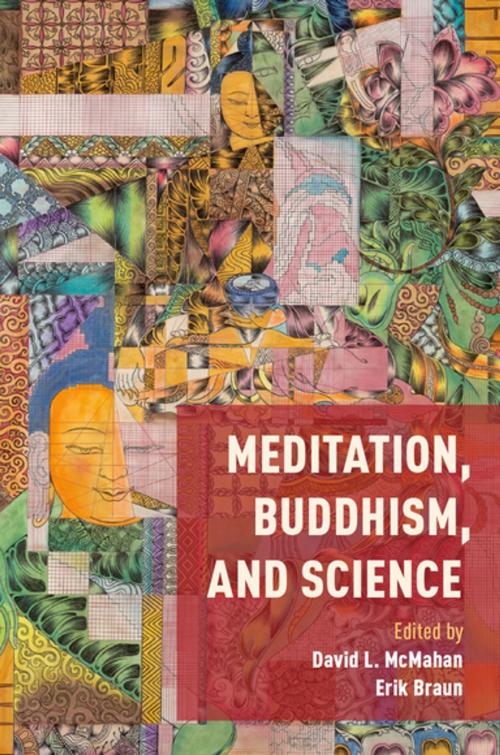Meditation, Buddhism, and Science
Nonfiction, Religion & Spirituality, New Age, Meditation, Eastern Religions, Buddhism| Author: | ISBN: | 9780190495824 | |
| Publisher: | Oxford University Press | Publication: | September 20, 2017 |
| Imprint: | Oxford University Press | Language: | English |
| Author: | |
| ISBN: | 9780190495824 |
| Publisher: | Oxford University Press |
| Publication: | September 20, 2017 |
| Imprint: | Oxford University Press |
| Language: | English |
The scientific study of Buddhist forms of meditation has surged in recent years, capturing the popular imagination and reshaping conceptions of what meditation is and what it can do. For perhaps the first time in history, meditation has shifted from Buddhist monasteries and practice centers to some of the most prominent and powerful modern institutions in the world, as well as non-institutional settings. As their contexts change, so do the practices-sometimes drastically. New ways of thinking about meditation are emerging as it moves toward more secular settings, ways that profoundly affect millions of lives all over the world. To understand these changes and their effects, the essays in this volume explore the unaddressed complexities in the interrelations between Buddhist history and thought and the scientific study of meditation. The contributors bring philosophical, cultural, historical, and ethnographic perspectives to bear, considering such issues as the philosophical presuppositions behind practice, the secularization of meditation, the values and goods assumed in clinical approaches, and the sorts of subjects that take shape under the influence of these transformed and transformative practices-all the more powerful for being so often formulated with the authority of scientific discourse.
The scientific study of Buddhist forms of meditation has surged in recent years, capturing the popular imagination and reshaping conceptions of what meditation is and what it can do. For perhaps the first time in history, meditation has shifted from Buddhist monasteries and practice centers to some of the most prominent and powerful modern institutions in the world, as well as non-institutional settings. As their contexts change, so do the practices-sometimes drastically. New ways of thinking about meditation are emerging as it moves toward more secular settings, ways that profoundly affect millions of lives all over the world. To understand these changes and their effects, the essays in this volume explore the unaddressed complexities in the interrelations between Buddhist history and thought and the scientific study of meditation. The contributors bring philosophical, cultural, historical, and ethnographic perspectives to bear, considering such issues as the philosophical presuppositions behind practice, the secularization of meditation, the values and goods assumed in clinical approaches, and the sorts of subjects that take shape under the influence of these transformed and transformative practices-all the more powerful for being so often formulated with the authority of scientific discourse.















